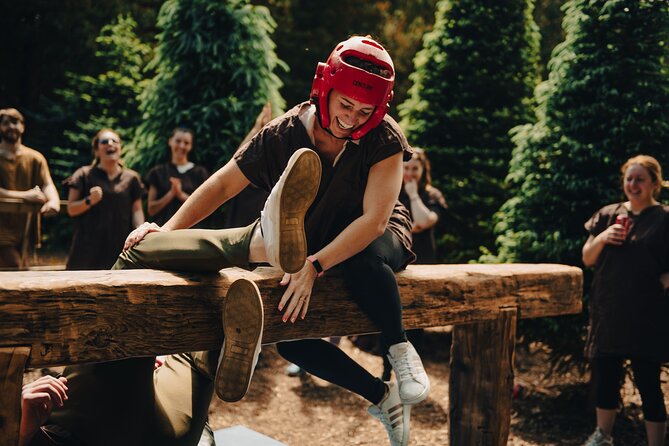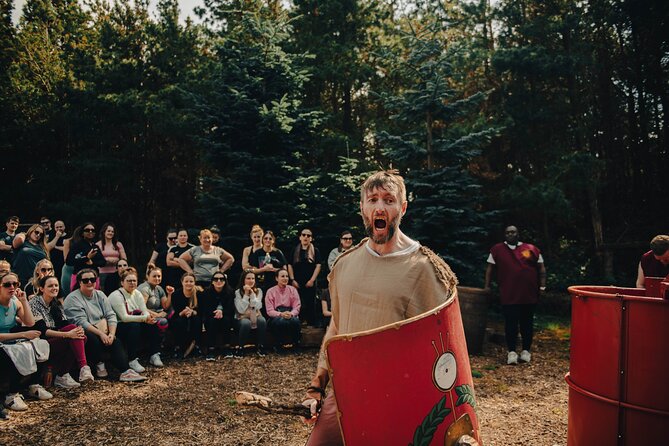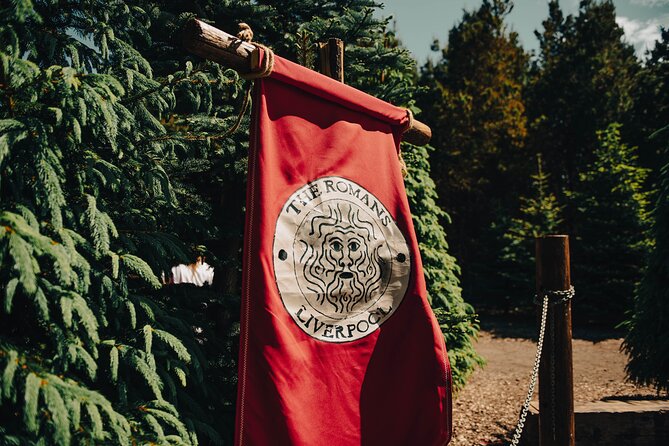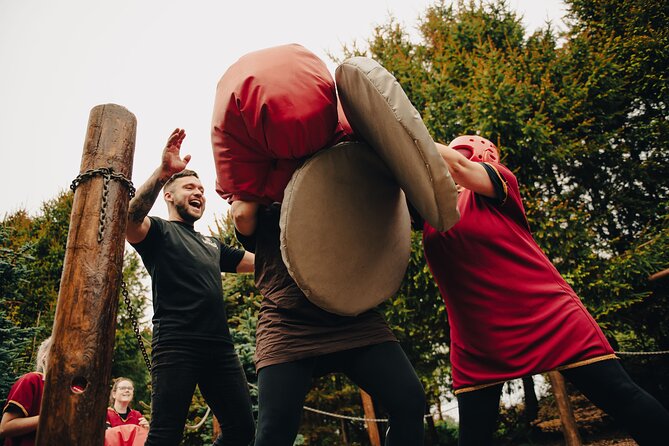The Romans
Known for their military might, architectural marvels, and cultural impact, the Romans have captivated historians and enthusiasts alike with their enduring legacy. As one delves into the annals of Roman history, a fascinating narrative unfolds revealing the intricate web of conquests, innovations, and societal structures that defined their civilization.
But what led to their eventual decline, and how did their influence shape the course of history beyond their era? Join this exploration of the Romans to uncover the intricate tapestry of a civilization that continues to shape our world today.
Key Points

- Roman architecture blends practicality and grandeur, evident in iconic structures.
- Military prowess drives vast conquests across Europe, Africa, and the Middle East.
- Rich Roman society thrives on traditions, hierarchies, and diverse entertainment.
- Roman innovations in aqueducts, roads, and concrete revolutionize engineering and construction.
Roman Origins and Early History

The Romans’ journey from humble beginnings to a formidable empire is a tale woven with ambition, conquest, and innovation. In their early history, Roman architecture began to take shape, reflecting their practical ingenuity and grandeur. Structures like the Colosseum and the Pantheon stand as enduring symbols of their architectural prowess.
Alongside their architectural feats, Roman mythology played a significant role in shaping their cultural identity. Gods and goddesses like Jupiter, Venus, and Mars were revered, influencing various aspects of Roman life. These mythological beliefs intertwined with daily rituals, public ceremonies, and even political decisions.
Through their architectural achievements and mythological beliefs, the Romans laid the foundation for the empire they’d become.
Roman Empire Expansion and Conquests

How did the Roman Empire expand its territories through conquests and strategic military campaigns? The Roman military played a crucial role in the empire’s expansion, utilizing advanced tactics and disciplined soldiers. They conquered vast lands, including regions in Europe, Africa, and the Middle East, establishing one of the largest empires in history. Roman architecture also played a significant role in solidifying their conquests, with structures like roads, aqueducts, and forts aiding in the empire’s growth and control over conquered territories.
| Roman Empire Expansion | Conquests and Military Campaigns |
|---|---|
| Advanced Military Tactics | Conquering Europe, Africa, Middle East |
| Roman Architecture | Roads, Aqueducts, Forts |
Roman Society and Culture

With a rich tapestry of traditions and customs, Roman society thrived on a foundation of intricate social hierarchies and vibrant cultural expressions. Social customs played a significant role in daily life, dictating everything from family structures to public behavior.
Entertainment was diverse, ranging from chariot races at the Circus Maximus to theatrical performances at the Colosseum. Religious practices were deeply ingrained in Roman society, with various festivals and ceremonies honoring gods and goddesses.
Cuisine was an essential aspect of Roman culture, with meals often consisting of bread, olive oil, fruits, vegetables, and meats. The Romans valued art, music, and literature, contributing to a rich cultural tapestry that continues to fascinate historians and archaeologists.
Roman Achievements and Innovations

Moving beyond the vibrant tapestry of Roman society and culture, the Romans left an indelible mark on history through their remarkable achievements and innovative contributions. Roman architecture and technological advancements stand out as testaments to their ingenuity and forward-thinking mindset.
-
Aqueducts: The Romans revolutionized water transportation through the construction of elaborate aqueducts, enabling the efficient supply of fresh water to cities and towns.
-
Roman Roads: The Romans built a vast network of roads spanning over 250,000 miles, facilitating trade, communication, and military movements across their vast empire.
-
Concrete: Roman concrete was a groundbreaking building material that allowed for the construction of durable structures such as the Pantheon, still standing today as a marvel of engineering.
Roman Decline and Legacy

What events and factors led to the decline of the Roman Empire, and what enduring legacy did the Romans leave behind?
The decline of the Roman Empire was a result of various factors, including political instability, economic troubles, military defeats, and the division of the empire. The impact of corruption, invasions by barbarian tribes, and the overextension of the empire’s borders also contributed to its downfall.
Despite its decline, the Romans left behind a lasting legacy that greatly influenced Western civilization. Their advancements in architecture, engineering, law, language, and governance have had a profound impact on modern society. The Roman legacy can be seen in the legal systems of many countries, the spread of Latin-based languages, and the enduring influence of Roman art and culture.
Common questions

How Did the Romans Influence Modern-Day Food and Dining Customs?
Modern-day food and dining customs have been shaped by a variety of influences, including Roman cuisine and dining etiquette. The Romans introduced elements such as communal dining, elaborate feasts, and the use of utensils, which continue to impact how we eat today.
What Impact Did Roman Engineering Have on the Development of Modern Infrastructure?
Architectural marvels and technological advancements of ancient civilizations significantly shaped modern infrastructure. Urban planning by these societies laid the groundwork for organized cities. Transportation systems from the past influenced the development of contemporary modes of travel and communication.
Were There Any Famous Roman Artists or Musicians That Are Still Celebrated Today?
In the world of art and music, Roman artists and musicians left a lasting impact. Many famous Roman artists and musicians are still celebrated today for their contributions to culture and creativity, enriching the legacy of ancient Rome.
How Did the Roman Empire Interact With Other Ancient Civilizations, Such as the Egyptians or Greeks?
In ancient times, Roman Egyptian relations were marked by political alliances, trade, and occasional conflicts. The Roman Greek cultural exchange was vibrant, with Romans adopting Greek art, philosophy, and architecture, influencing each other’s cultures significantly.
What Role Did Women Play in Roman Society and Politics?
Women’s roles in society varied, but many held influence in politics. They influenced decisions, lobbied for laws, and sometimes even held official positions. Women’s political involvement was significant, showcasing their active participation in shaping Roman governance.
Last Words

To sum it up, the Romans’ legacy as a powerful civilization is undeniable. Their military prowess, engineering feats, and cultural influence continue to shape modern society.
From the hotel of the Roman Republic to the height of the Roman Empire, their achievements and innovations have left a lasting impact on the world.
Despite their eventual decline, the Romans’ contributions in areas such as law, architecture, and language have stood the test of time, solidifying their place as one of the most influential civilizations in history.